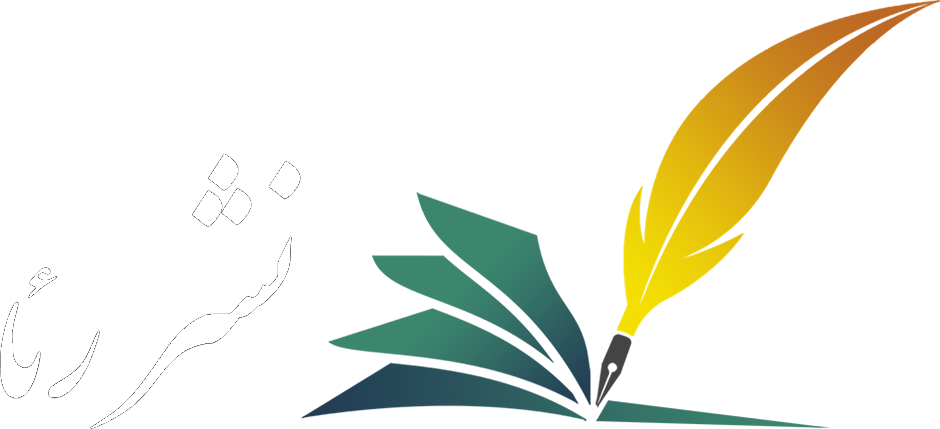بررسی مقایسهای نقش دروس اختیاری، عمومی و تخصصی بر علاقهمندی دانشجویان اقتصاد دانشگاه اراک به رشته اقتصاد
چکیده
هدف: هدف این پژوهش، بررسی و مقایسه نقش دروس اختیاری، عمومی و تخصصی بر میزان علاقهمندی دانشجویان رشته اقتصاد دانشگاه اراک به رشته تحصیلی آنها است.
روششناسی پژوهش: این مطالعه با استفاده از دو روش اسنادی و پیمایشی انجام شده است. ابتدا چارچوب نظری و پیشینه تحقیق از طریق روش اسنادی تدوین شد، سپس با طراحی پرسشنامه بر اساس شاخصها و گویههای مرتبط، دادههای موردنیاز جمعآوری شد. تحلیل دادهها با استفاده از نرمافزار SPSS انجام گرفته است.
یافتهها: جامعه آماری شامل دانشجویان رشته اقتصاد دانشگاه اراک بوده و نمونهای 100 نفره بهصورت هدفمند انتخاب و مورد بررسی قرار گرفته است.
اصالت/ارزش افزوده علمی: یافتهها نشان داد که دروس تخصصی بیشترین نقش را در افزایش علاقهمندی دانشجویان به رشته تحصیلی خود دارند و دروس اختیاری نیز تاثیر مثبتی دارند، در حالیکه دروس عمومی موجب کاهش علاقه دانشجویان میشوند. بر این اساس، پیشنهاد میشود علل عدم استقبال از دروس عمومی آسیبشناسی شده و راهکارهایی برای بهبود این وضعیت ارایه گردد.
کلمات کلیدی:
علاقهمندی به رشته تحصیلی، دانشجویان اقتصاد دانشگاه اراک، رگرسیون چند متغیره، پرسشنامه، آلفای کرونباخمراجع
- [1] Nayeb, S. (2008). Consequences of the poverty of methodological education in economic knowledge courses in Iran. Quarterly journal of economy and society, 4(15–16), 197-213. (In Persian). https://ensani.ir/file/download/article/20100924073453-p0380700161971-SPHVOI.pdf
- [2] Yousefi, M. Gh. (2006). What is the problem with the field of contemporary economics? Quarterly journal of political economics, 2, 116-147. (In Persian). https://ensani.ir/file/download/article/20100913144559-p0506400021161-3ZS7ZT.pdf
- [3] Momeni, F. (2006). Economic perception and understanding economics. Quarterly journal of political economy, 3, 36-63. (In Persian). https://alefbalib.com/index.aspx?pid=256&PdfID=173646
- [4] Yousefi, M. G. (2008). Misconceptions about economics. Quarterly journal of economics and society, 4(15–16), 137-196. (In Persian). https://ensani.ir/file/download/article/20100924073444-p0380700161371-URKYRL.pdf
- [5] Kazemipour, M., Khodabakhsh, M., Moshirinia, F., Esmaeili, M. M., & Esmaeili, M. M. (2016). Survey of interest level in the field of study in final year clinical students at Shahid Sadoughi University of medical sciences, Yazd. Quarterly journal of the horizon of development of medical sciences education, 16(3), 20-35. (In Persian). https://doi.org/10.22038/hmed.2024.81820.1408
- [6] Pakzad, A., Basiri, E., & Mohebi, F. (2011). Investigating factors affecting students’ interest in continuing their education at higher levels (Case study: Kowsar university of Bojnourd). 18th international conference on management, Tehran, Iran. Civilica. (In Persian). https://civilica.com/doc/1486922
- [7] Salari, A., Emami-Sigaroudi, A. H., Zaersabet, F., Shakiba, M., Khojasteh, M., & Sharifi, M. (2018). Study of the relationship between academic achievement and interested in academic field in nursing students. Research in medical education, 10(2), 68-75. (In Persian). http://rme.gums.ac.ir/article-1-426-en.html
- [8] Adib-Hajbaghery, M., Arabi Matin Abadi, M. J., Ghadirzadeh, Z., Moujoodi, H., & Mehdiansaripour, M. (2017). Interest in the field of study and affecting factors: The viewpoint of students of Kashan University of medical sciences. Iranian journal of medical education, 17, 24-34. (In Persian). http://ijme.mui.ac.ir/article-1-4134-fa.html
- [9] Amani, M., & Kiani, A. (2017). Study of relationship between perfectionism and academic performance: Mediating role of self-regulation and academic self-efficacy. Journal of applied psychological research, 8(2), 51-68. (In Persian). https://doi.org/10.22059/japr.2017.63707
- [10] Arfaei, K., AMIR, A. L. I. A. S., ALAVI, M. H., & others. (2008). Assessing midwifery students interest in their career at medical sciences Universities in Tehran. Journal of knowledge & health in basic medical sciences, 3(1), 28-32. (In Persian). https://www.sid.ir/paper/107876/en#downloadbottom
- [11] Ali, M. (2024). Investigating the reasons for students’ failure in mathematics. The first international conference of education leaders, Khorram Abad, Iran. Civilica. (In Persian). https://civilica.com/doc/2219663
- [12] Talebzadeh, M. (1999). Study of factors affecting the academic achievement of successful third-year middle school students in Ahvaz city in the academic year 1998-1999, Ahvaz. Khuzestan province research council publication, 3(1), 25-31. (In Persian). https://www.sid.ir/paper/434280/fa
- [13] Soltani, M. S. K., Ahmadi, S. A., & Kabriaei, and M. (1999). Investigating the degree of correlation between the branches of academic guidance and academic achievement of third-year students and their attitude towards their chosen major in high schools in Kashan in the academic year 2000-2006. Quarterly journal of counseling research, (5–6), 57-72. (In Persian). https://www.noormags.ir/view/fa/articlepage/917508
- [14] Shahla Atapour. (2003). Investigating the relationship between motivation for academic achievement of middle school students and their family and personality factors. Doctrine quarterly, (18), 76-84. (In Persian). https://ensani.ir/file/download/article/20100919103042-10.pdf
- [15] Ghiyathvand, A. (2008). Application of statistics and SPSS software in data analysis. Loye, Motefakeran Press. (In Persian). https://B2n.ir/mf3829





